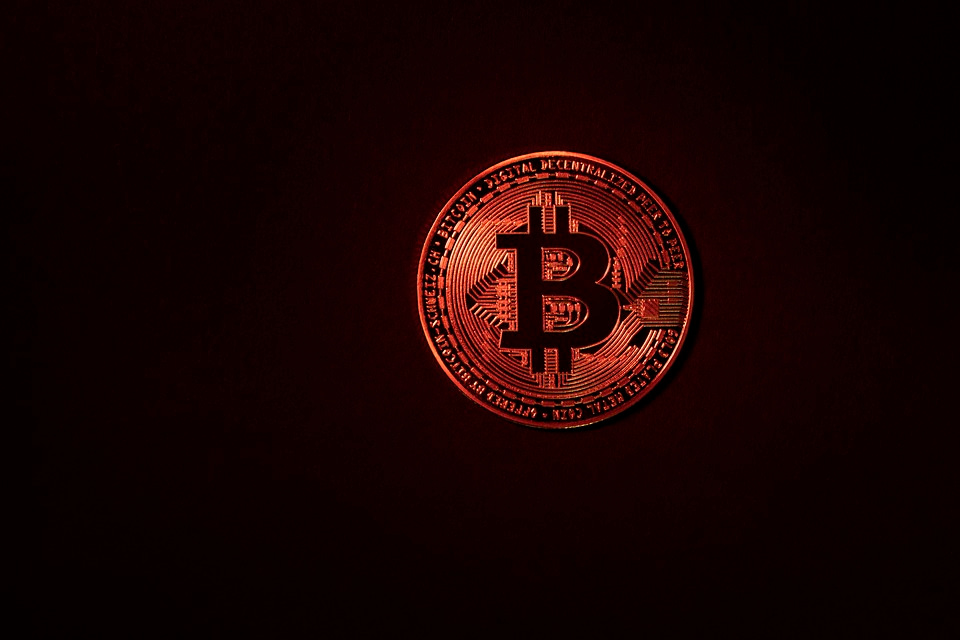From Digital Gold to Digital Silver: Why Bitcoin Remains the Benchmark, and Altcoins the Challenger
The world of digital currencies is rapidly evolving, with the advent of altcoins providing an alternative to the original and widely accepted digital gold, Bitcoin. As the market continues to expand, investors and users are left wondering what the differences are between the two, and which one is the better choice. In this article, we’ll explore the significance of Bitcoin as the benchmark and altcoins as the challenger, shedding light on the advantages and disadvantages of each.
Bitcoin: The Benchmark
Launched in 2009, Bitcoin was the first decentralized digital currency, and it revolutionized the way transactions were made. Its unique features, such as decentralization, transparency, and anonymity, made it an attractive option for users seeking a secure and autonomous payment system. Over the years, Bitcoin has established itself as the gold standard in the digital currency market, with a market capitalization of over $250 billion.
Why Bitcoin Remains the Benchmark:
- Market Saturation: Bitcoin has a significant market share, with a large user base and widespread acceptance.
- Security: Bitcoin’s blockchain technology is considered one of the most secure, with a robust network of nodes and a secure hashing algorithm.
- Reputation: Bitcoin has a reputation for being the first and most popular digital currency, making it the go-to choice for many users.
- Investment: Bitcoin’s market capitalization and liquidity make it an attractive option for investors.
Altcoins: The Challenger
With the rise of Bitcoin’s popularity, alternative digital currencies, such as Litecoin, Ethereum, and Monero, emerged, offering unique features and benefits. These altcoins are often referred to as "digital silvers" due to their lower market capitalization and less adoption compared to Bitcoin.
Why Altcoins are a Challenger:
- Improved Features: Altcoins have introduced new features and technologies to improve upon the limitations of Bitcoin, such as faster transaction processing, better scalability, and increased security.
- Competition: Altcoins have created competition, pushing Bitcoin to innovate and improve, ultimately benefiting the overall market.
- Niche Market: Altcoins have carved out niches, attracting specific user groups, such as gamers and developers, with their unique features.
- Innovation: Altcoins have driven innovation, testing new technologies, and pushing the boundaries of what digital currencies can achieve.
Key Differences:
- Block Time: Bitcoin’s block time is 10 minutes, while altcoins like Litecoin and Ethereum have a block time of 2.5 minutes and 15 seconds, respectively.
- Supply: Bitcoin’s total supply is capped at 21 million, while altcoins may have an unlimited supply or supply controlled by a decentralized authority.
- Contract-Platform: Bitcoin is designed for peer-to-peer transactions, while altcoins like Ethereum are designed for smart contracts and decentralized applications.
- Consensus Mechanism: Bitcoin uses the SHA-256 algorithm, while altcoins like Ethereum use the Ethash algorithm.
Conclusion:
Bitcoin remains the benchmark in the digital currency market due to its early mover advantage, market saturation, and reputation. However, altcoins have carved out a niche for themselves, offering improved features, competition, and innovation. As the market continues to grow, it’s essential for users to understand the differences between these two types of digital currencies. For those seeking a secure and widely accepted option, Bitcoin might be the best choice. For those looking for improved performance, scalability, or specific features, altcoins are worth exploring.
FAQs:
Q: What is the main difference between Bitcoin and altcoins?
A: The main difference is the unique features and technologies used by each, with Bitcoin being the gold standard and altcoins the challengers.
Q: Why do altcoins exist?
A: Altcoins exist to improve upon the limitations of Bitcoin, offering new features, better performance, and innovative technologies.
Q: Is Bitcoin the best digital currency?
A: Bitcoin is the most widely accepted and widely traded digital currency, but it’s not the only option. Altcoins have their strengths and weaknesses, and the best choice depends on individual needs.
Q: Can I use bitcoin for online transactions?
A: Yes, Bitcoin is widely accepted by online merchants, but not all online platforms support it. Some may only accept altcoins or fiat currencies.
Q: Is it safe to invest in altcoins?
A: Investing in altcoins carries risks, and it’s essential to do your research, set clear goals, and understand the terms and conditions before investing.
Q: What is the potential for growth in the digital currency market?
A: The potential for growth is significant, as digital currencies continue to gain traction and increase adoption. As more users and merchants join the network, the market will become more liquid and valuable.
Q: How will the market develop in the next 5 years?
A: The market will continue to evolve, with altcoins improving and adapting to the needs of users. Bitcoin may continue to be the benchmark, but altcoins will push the boundaries of what’s possible, driving innovation and growth.
Q: What is the future of digital currencies?
A: The future is bright, with digital currencies transforming the way we think about money, transactions, and commerce. As the market continues to expand, it’s essential to stay informed, adapt to changes, and be prepared for the opportunities and challenges ahead.

Leave a Reply